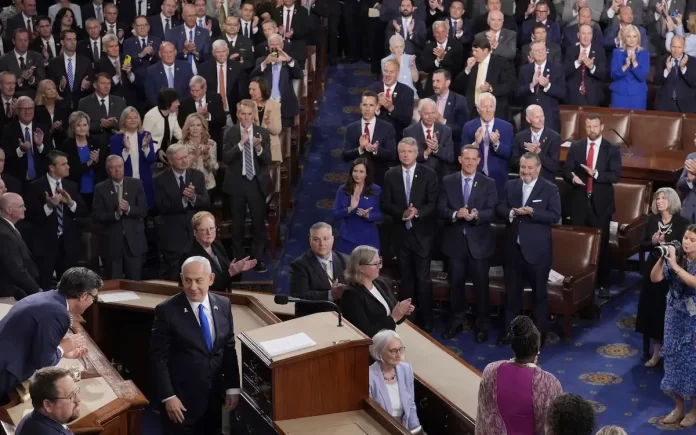In a recent development that has stirred the international legal community, French Foreign Minister Jean-Noel Barrot has indicated that Israeli Prime Minister Benjamin Netanyahu could potentially claim immunity under the Rome Statute, which founded the International Criminal Court (ICC). This statement comes in the wake of ICC issuing arrest warrants for Netanyahu and his former Defense Minister Yoav Gallant for alleged war crimes and crimes against humanity in Gaza.
Minister Barrot, while reaffirming France’s commitment to international law, highlighted that the Rome Statute includes provisions dealing with questions of immunity for certain leaders. He suggested that whether these immunities apply would ultimately be a decision for judicial authorities to make. This nuanced stance reflects the complexities involved in international law, where the obligations of state parties to enforce ICC warrants can intersect with the legal protections afforded to heads of state and other high-ranking officials.
The ICC’s decisions to issue arrest warrants have sparked a broad spectrum of reactions across the globe. Some nations have vowed to uphold their obligations under the Rome Statute, while others, including France, are navigating the intricate balance between legal duty and diplomatic considerations. This situation underscores the ongoing tension between national sovereignty, international legal obligations, and the pursuit of justice on an international scale.
Barrot’s comments have added a layer of complexity to the enforcement of these warrants, particularly if Netanyahu or any similarly situated leader were to visit France or another ICC member state. The discussion around immunity brings to light the challenges of international law when it comes to prosecuting leaders from non-signatory states involved in conflicts or accused of international crimes.
Key Points:
- ICC Arrest Warrants: The International Criminal Court has issued arrest warrants for Israeli Prime Minister Benjamin Netanyahu and former Defense Minister Yoav Gallant.
- France’s Position: French Foreign Minister Jean-Noel Barrot has indicated that Netanyahu might have immunity from these ICC warrants under the Rome Statute.
- Legal Complexity: The possibility of immunity for certain leaders like Netanyahu introduces significant legal complexities regarding the enforcement of ICC arrest warrants.
- Judicial Decision: Barrot emphasized that the question of immunity would be determined by judicial authorities, not political ones.
- International Law vs. Diplomatic Relations: This situation highlights the delicate balance between upholding international law and maintaining diplomatic relations.
- Global Reaction: The ICC’s decision has led to varied responses internationally, with some countries committed to enforcing the warrants, while others consider legal nuances like immunity.
- Implications for Visits: If Netanyahu were to travel to an ICC member state like France, the immunity question could directly impact whether the arrest warrant would be enforced.



